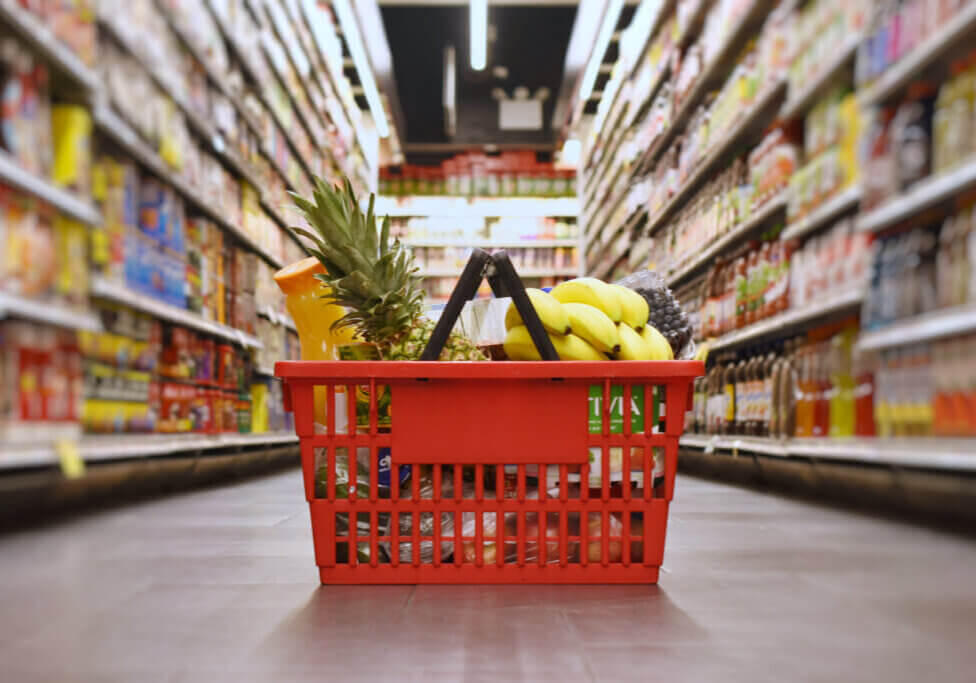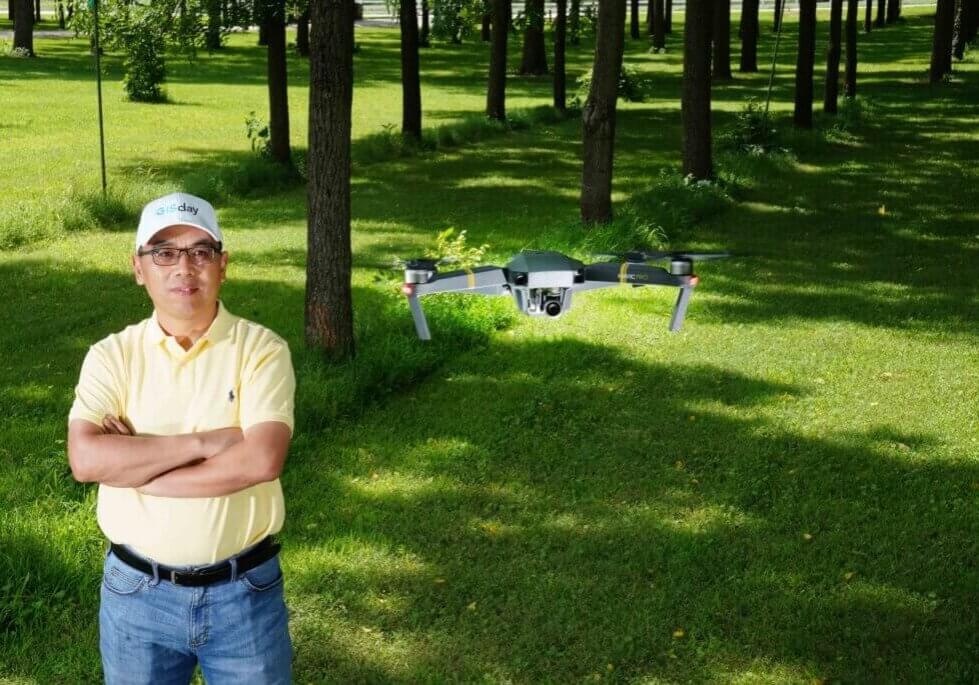The College of Agriculture is well-positioned to assist with many of the challenges facing communities and individuals from the spread of COVID-19, whether that’s providing information through its Extension network, finding new ways to fight the virus or leading the effort to feed the local community.
Roughly 15 percent of the population in Tippecanoe County faces food insecurity, a number that has likely been exacerbated by the economic and societal effects of COVID-19.
The College of Agriculture is in the midst of hosting a virtual food drive, which ends on April 17. For many years the College hosted a food drive in the spring, requesting canned goods and non-perishables, but this year, due to COVID-19, the request is for monetary donations for Food Finders Food Bank, INC. The College of Agriculture is joined in the food drive by seven other major academic units — Purdue Libraries; School of Information Studies; the colleges of Engineering, Health and Human Sciences, Pharmacy, Science and Veterinary Medicine; the Honors College; and Polytechnic Institute.
“Never has it been more important to ensure that our community is strong, healthy and secure, and that means making sure everyone has access to food,” said Karen Plaut, the Glenn W. Sample Dean of Agriculture. “Food Finders serves 16 counties, including Tippecanoe County, and our colleges can play a critical role in providing this vital resource to Hoosiers.”

Additionally, the Purdue Student Farm is helping local food pantries stay stocked with fresh, healthy food. The farm, which normally sells to on-campus dining halls, is donating hundreds of bags of leafy greens a week to Food Finders and ACE Campus Food Pantry.
Currently, greens are mainly what’s available for harvest. but Chris Adair, the student farm manager, said they will continue making donations to pantries as new crops become ready to harvest and this crisis persists.
“We’re going to run the farm for as long and as normally as possible,” he continued. “We try to always promote the idea that access to healthy food is essential for every community, not just during times like this.”
Rafael Sogomonian, a sophomore in horticulture and landscape architecture and an employee on the farm, said they are taking every precaution to keep employees and beneficiaries safe and healthy. This involves dividing into two small groups that never interact with each other and keeping employees a safe distance apart while harvesting or packaging. Additionally, while handling food and packaging, students wear masks and gloves at all times.
“I’ve never felt that my job at the farm is work, it’s something I’ve always wanted to do,” Sogomonian added. “And now, it feels very important, like a way I can serve my community by doing something I’m passionate about.”

Brock Harpur and the team behind Boiler Bee Honey has also stepped up, donating 1,000 bottles of honey to Food Finders, the remainder of their stock.
“I've been following the spread of COVID-19 and the effects it and the stay-at-home orders have on the community,” Harpur said. “Scientists around the world are responding in a variety of ways by offering lab space, developing novel tests and treatments and donating equipment. I felt like I needed to do something other than sitting at home and it struck me that the lab's honey could help the community at least a little bit.”
To date, the virtual food drive has raised over $21,000 and there are two days remaining to donate.
Friday Photo: 05/13/2022
The assignment for Purdue Natural Resources and Environmental Sciences professor Laura Bowling’s last field trip of the semester, was to collect and count invertebrates in a section of Burnett’s Creek, just north of campus. Note the reaction of students (left to right) Avery Fess, Ireland Beebe and Eva Curtis when the inch-long cranefly larvae show a little more mobility than expected.
Read Full Story >>>

